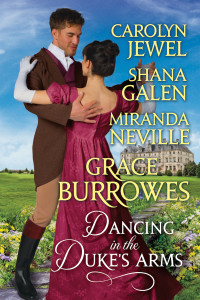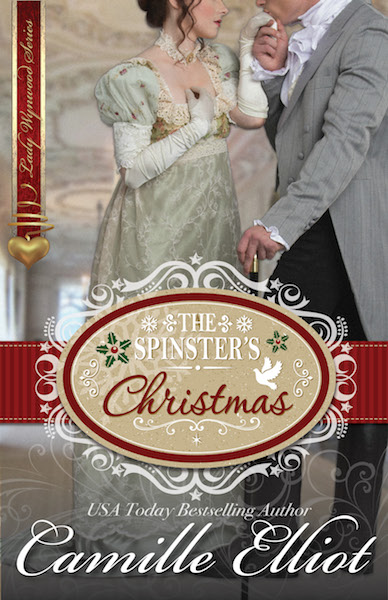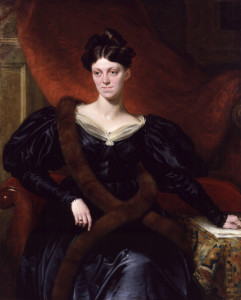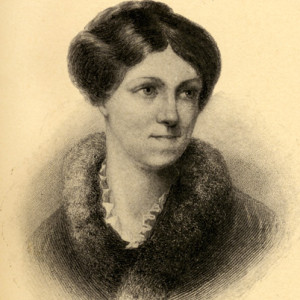EDITED TO ADD: Thanks you to all the contestants. I have decided that all the timely commenters are winners. I will be emailing you!
I’ve been blogging about the research I did for my story in the upcoming anthology Dancing in The Duke’s Arms. My research included such topics as songs, cheese, cattle, and plants. From that you might conclude my story is about a singing dairy maid who moonlights as an herbalist. But you would be wrong. (INORITE???!??)
To celebrate I will send five winners a mystery prize(s). For each prize(s), I will spend at least $15.00 US. If you hang out here, you probably know that I have impeccable taste except when I am odd or just plain weird. There’s just no telling. To enter, check out the rules below and follow the instructions.
Unsuitable?
My story,
An Unsuitable Duchess, is all done and final, and you can pre-order the anthology now for $3.99. After June 26th, the price will be higher. Links below! Fun fact: I A/B tested two versions of my title.
A Suitable Duchess faced off against
An Unsuitable Duchess. Although I kind of liked the suitable title, I suspected unsuitable would win. And it did. In a landslide. It wasn’t even close. So. Unsuitable it is!

Dancing Dukes!
The anthology includes four original novellas by Grace Burrowes, Shana Galen, Miranda Neville, and me. Print will be available shortly.
Why Do Dukes Fall in Love?
Every summer the cream of society gathers at the Dukeries, named for the ducal estates concentrated in one small corner of Nottinghamshire. While the entertainments include parties, balls, and a famous boat race, the ducal hosts and their guests find adventure, passion, and happy ever afters.
Pre-Order Dancing In The Duke’s Arms
Amazon | Barnes&Noble | iBooks | Google Play | Kobo
More about the anthology
The anthology comes in at over 125,000 words. You’ll get four romantic, thrilling, and steamy stories for four wonderful authors. The on sale date is June 26th.
May I Have This Duke? by Grace Burrowes
The governess is determined to leave, but the duke’s plans for her dance to a different—and far lovelier—tune!
The trouble with houseparties….
Gerard Hammersley, Duke of Hardcastle, is dragooned by an old friend into attending a house party, though Hardcastle refuses to fall prey to the matchmakers who relish such gatherings. He recruits his nephew’s prim, prickly governess, Miss Ellen MacHugh, to preserve him from being compromised by the conniving debutantes, and offers in exchange to deflect the drunken viscounts who plague Ellen.
Is that they must end.
Ellen agrees to Hardcastle’s scheme for two reasons. First, she’s been attracted to His Grace since the day she laid eyes on him, and knows that behind Hardcastle’s lack of charm lies a ferociously loyal and faithful heart. Second, she’s departing from Hardcastle’s household at the conclusion of the house party, and two weeks safeguarding His Grace’s bachelorhood is as much pleasure—and as much torment—as she can endure before she leaves him.
Read an excerpt from May I Have This Duke?
DUCHESS OF SCANDAL by Miranda Neville
She was too wild, he was too proud…
When the Duke and Duchess of Linton meet after years of estrangement, they may discover they were made for each other after all.
Too Many Scandals
After months of marriage, the Duke of Linton agreed to live apart from his wife. Thrown together due to a scheduling error, Linton finds Althea still has the power to make his heart race. Linton seems different from the critical, indifferent man she married. But though she burns for him as a lover, can she trust him to be the husband she needs?
Read an excerpt from Duchess of Scandal
WAITING FOR A DUKE LIKE YOU by Shana Galen
When Princess Vivienne of Glynaven’s family is massacred, she escapes to England only to be pursued by assassins. The Duke of Wyndover comes to her aid, but is he the man she’s been waiting for?
There’s no such thing as the perfect hero…
Nathan Cauley, tenth Duke of Wyndover, is so handsome ladies swoon—literally swoon. His blond hair and blue eyes certainly draw attention at the Duke of Sedgemere’s house party, but Nathan doesn’t want a fawning young miss for his duchess. He stumbles upon a bedraggled woman sleeping under Sedgemere’s bridge, and his protective instincts stir. When he recognizes her as the princess he fell in love with eight years before, he’s determined to win not only her affections but her heart.
Or is there?
After revolutionaries massacre Princess Vivienne’s family, she and the head of her guard flee to England. Before they can reach London to beg asylum, assassins kill the last of her defenders. Vivienne is alone and on the run when the Duke of Wyndover comes to her rescue. She barely remembers meeting him years before, and isn’t comfortable with gentlemen who are more attractive than she is. Nathan is more than a pretty face, though, and when the assassins return, he might just prove to be the duke Vivienne has been waiting for.
More about Shana’s story. Read an excerpt
AN UNSUITABLE DUCHESS by Carolyn Jewel
The Duke of Stoke Teversault would like to marry, but the woman his heart has settled on would make an unsuitable duchess.
The Duke of Stoke Teversault has well earned his reputation for bloodless calculation. Indeed, recently widowed Georgina Lark has no idea he’s loved her since before her late husband swept her off her feet. Stoke Teversault means to keep it that way. The cold and forbidding duke and the blithe and open Georgina could not be less suited in any capacity. And yet, when Georgina and her sister arrive at his home, his ice-bound heart may melt away.
Georgina Lark has never thought of the Duke of Stoke Teversault as a man capable of inducing passion in anyone. He’s long disapproved of her, but she will be forever grateful to him for his assistance after her husband died. It’s been a year since she’s realized he’s not the man she thought. Can she convince him to open his heart to her?
Read chapter 1
The Rules and How to Enter
Void where prohibited. Must be 18 to enter. No purchase necessary. All prizes will be awarded. If a winner does not contact me within 10 days of notification, an alternate winner will be selected. Relatives or employees of Carolyn Jewel are ineligible. Winner chosen at random using the contest plugin “And The Winner Is.” International OK! Multiple comments disallowed. Contest closes at 11:59:59 PM Eastern on Friday June 12 (That’s this blog’s time zone.) Make sure you leave a valid email in the email box for your comment.
To enter: Leave a comment to this post in which you tell me the best book you’ve read recently. (I’m looking for recommendations!)
Go!






